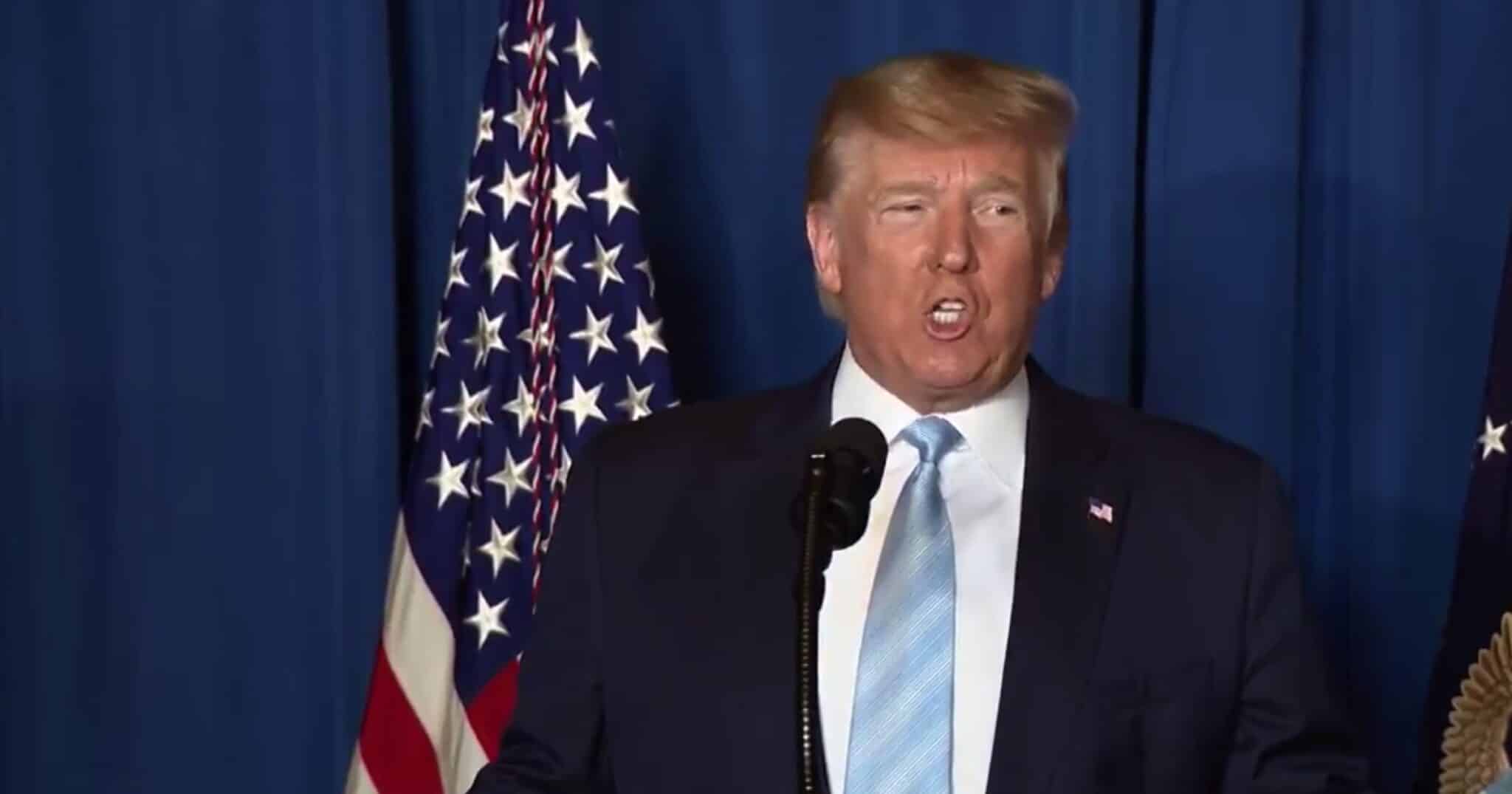








Gunfire tore through Chicago’s Labor Day weekend, leaving a grim tally of bloodshed. At least 54 people were shot, seven fatally, in a city already reeling from decades of unrelenting violence. The carnage, reported by NBC Chicago, paints a stark picture of a community in crisis.
Fox News reported that over the holiday weekend in 2025, Chicago saw 54 shooting victims across unrelated incidents, with seven lives lost. Mayor Brandon Johnson responded not with a plan to curb the violence but with a bold executive order rejecting federal help.
This move, signed on August 30, 2025, came as President Donald Trump proposed deploying the National Guard to tackle the city’s crime wave.
The shootings, scattered across Chicago, left few suspects in custody, according to police. Victims included at least two women and three men, with authorities withholding the names of the deceased. The city’s struggle with gun violence is no secret, yet solutions remain elusive.
On August 30, 2025, Mayor Johnson signed an executive order barring Chicago police from cooperating with federal law enforcement, including the National Guard.
“This president is not going to come in and deputize our police department,” Johnson declared, framing his decision as a defense of local sovereignty. But with bodies piling up, one wonders if pride is trumping pragmatism.
Johnson’s order ensures Chicago police enforce only state and local laws, steering clear of federal patrols or immigration enforcement.
“We will protect our Constitution, our city, and our people,” he insisted. Yet, the mayor’s rhetoric sidesteps the harsh reality: 272 homicides, including 225 fatal shootings, have scarred Chicago in 2025 alone.
The White House fired back, dismissing Johnson’s order as a political stunt. “If these Democrats focused on fixing crime instead of publicity stunts, their communities would be safer,” said spokeswoman Abigail Jackson. Her words cut deep, highlighting a disconnect between Chicago’s leadership and its suffering streets.
Chicago’s Labor Day weekend wasn’t an isolated spike in violence. Over July 4, 2025, 55 people were shot, six fatally, and Memorial Day saw 22 shot with two deaths.
These numbers reveal a city trapped in a cycle of bloodshed, where holidays become backdrops for tragedy. The majority of Labor Day shootings resulted in no arrests, police reported.
This lack of accountability fuels a sense of lawlessness, leaving residents to wonder when safety will return. Chicago’s police, patrolling downtown just days before on August 26, 2025, seem outmatched by the scale of the crisis.
President Trump’s call for National Guard deployment aimed to address this very chaos. His proposal, however, met a brick wall in Johnson’s executive order. The mayor’s refusal to accept federal help raises questions about whether local leadership can handle the violence alone.
Johnson’s stance is clear: no federal overreach on his watch. “We do not want tanks in our streets,” he warned, evoking dystopian imagery to rally his base. But with 54 shots over a single weekend, Chicagoans might prefer tanks to caskets.
The mayor’s order prioritizes local control, barring police from federal operations like immigration enforcement. “We do not want grandmothers thrown into unmarked vans,” Johnson added, painting a vivid but questionable picture of federal intervention. Such hyperbole risks alienating those desperate for any solution to the gunfire.
Chicago’s gun violence isn’t new; it’s a decades-long plague. The city’s 272 homicides this year underscore a failure to break the cycle. Johnson’s defiance, while principled, offers little comfort to families mourning their dead.
Trump’s National Guard proposal, though heavy-handed, reflects frustration with Chicago’s persistent violence. The White House’s dismissal of Johnson’s order as a stunt suggests a deeper rift between federal and local priorities. Meanwhile, Chicagoans bear the cost of this political tug-of-war.
The data is grim: 225 fatal shootings in 2025, with Labor Day’s seven adding to the toll. Without names released, the victims remain faceless statistics, their stories buried beneath policy debates. Chicago deserves better than posturing from either side.


